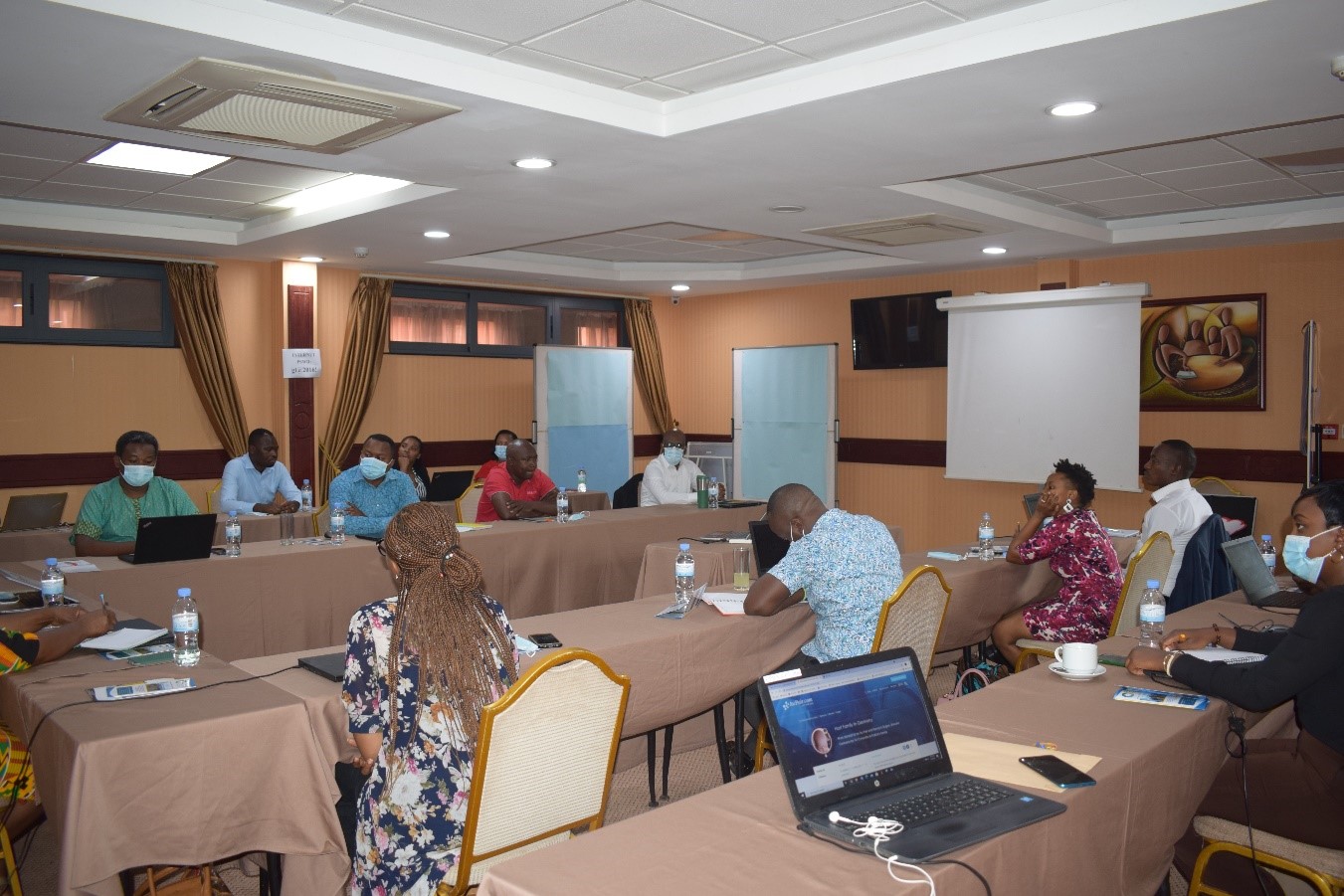Analysis of Causes of Business Failure in Rwanda : Learning from Small and Medium Enterprises (SMEs)
By : Daniel TWESIGE, Faustin GASHEJA, Uzziel HATEGEKIMANA, Edie Jones NKUBITO, Innocent HITAYEZU
The Rwandan government has come up with different strategies in order to transform its economy since the year 2000, these includes Vision 2020 in the year 2000 which was broken down into strategies (EDPRS1 and 2) and currently the National Strategy for Transformation (NST1). One of the key objectives of the NST 1is the improvement of the business sector in order to be able to contribute fully to the structural transformation of the economy. Despite implementing different strategies to enhance the private sector, studies show that the private sector and SMEs in particular are growing at a very low rate and 50% of the businesses that are started do not exceed 5 years of lifespan. The study analyzed the causes of business failure in Rwanda and to prescribe an ideal path for business sustainability in Rwanda. A combination approach composed of positivism and phenomenology coupled with a multi-method strategy was used by the researchers. Data was collected from different business organizations using questionnaire and documentation. Qualitative factors were analysed using descriptive statistics and chi-square method. The quantitative factors were analysed using multivariate discriminant analysis. The findings revealed that business failure is as a result of both qualitative and quantitative factors where quantitative factors contribute 85%. Based on the findings, the researchers concluded that business success or failure is a function of both qualitative and quantitative factors. Key identified factors are cash flow management, poor market research, lack of business plan, expense management, and revenue management. The researchers recommend that there should be a program of mentorship to the young entrepreneurs, training of entrepreneurs in market research and business plan preparation.
Download full paper
Doc 1













